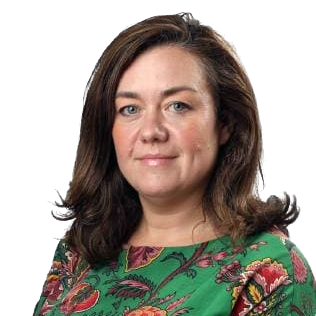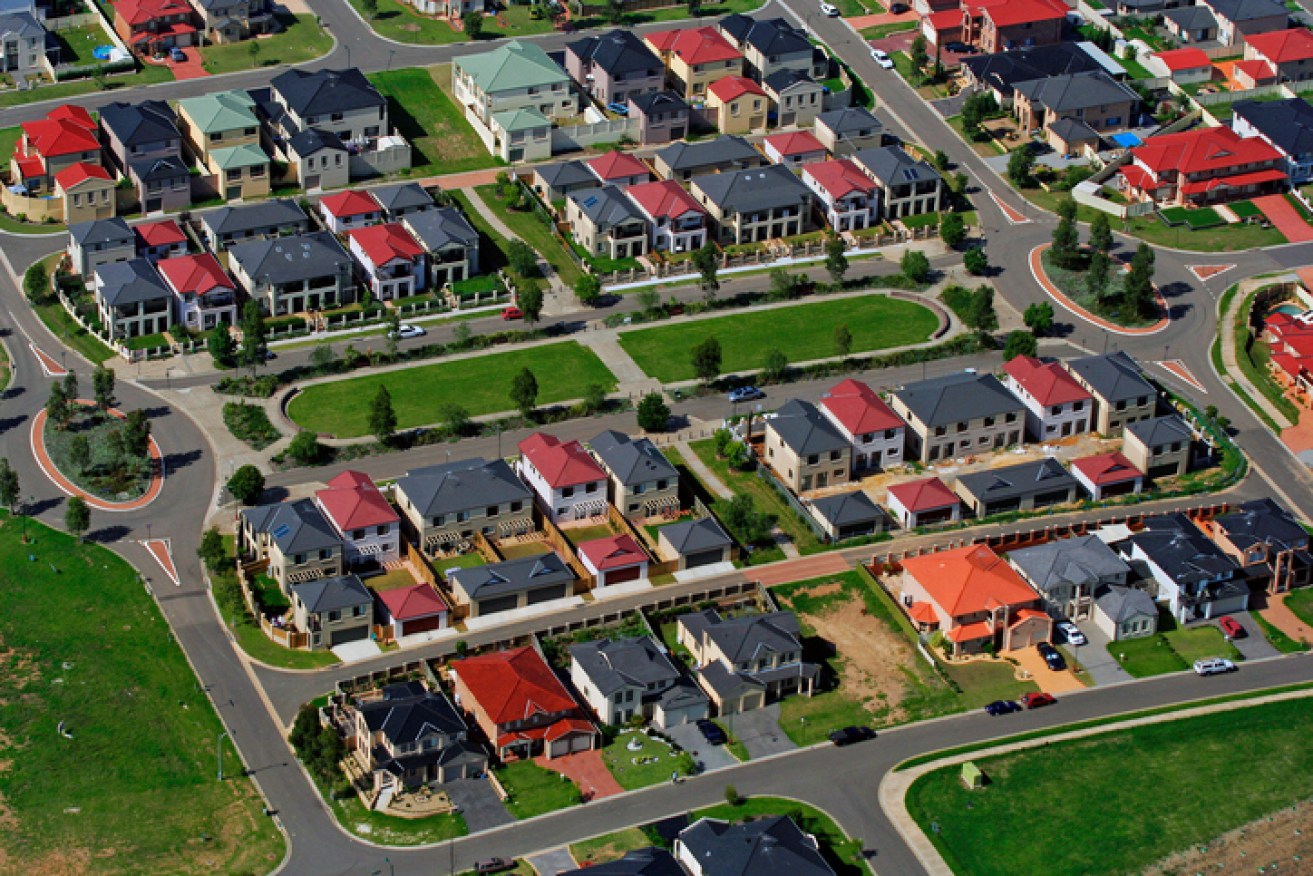Reserve Bank chief raises spectre of rate cut if economy weakens


Interest rates are on hold, for now. Photo: AAP
Reserve Bank of Australia governor Philip Lowe has declared a cut to official interest rates could be looming amid fears the economy is weaker than it had expected.
The prediction saw the Australian dollar dive from US72.40 cents to US 71.69 cents on Wednesday while the RBA governor was still on his feet delivering his first major speech of the year.
“Looking forward, there are scenarios where the next move in the cash rate is up and other scenarios where it is down,” Dr Lowe said.
“Over the past year, the next-move-is-up scenarios were more likely than the next-move-is-down scenarios. Today, the probabilities appear to be more evenly balanced,” he added.
On Tuesday, the RBA left the official cash rate unchanged at 1.5 per cent.
After his speech, Mr Lowe clarified that he was still leaving the door open to interest rates going up.
“Is it a coin toss? I would never describe it that way because that gives the sense that it is kind of like completely random. There are two scenarios basically and they seem equal – roughly equal to me,” Dr Lowe said.
Is it 50/50 or 55/45 I don’t want to comment on that because our crystal ball is not clear enough to tell that.
“It is still entirely plausible that the next move will be up. The labour market is strong, people’s incomes start rising, inflation will rise and it will be appropriate to raise interest rates but it is also possible that income growth does not pick up, the housing market weighs on spending and people don’t want to invest. So that is possible as well.”
The RBA chief also backed the Morrison government’s cautious response on reforms for mortgage brokers in comments that will be seized on by Treasurer Josh Frydenberg.
“In terms of the royal commission’s recommendations on brokers, I agree strongly with the idea they should have a best-interest obligation,” Dr Lowe said.
“I also agree very strongly that they are essentially providers of financial advice, so they should be subject to the same regime. How the payments for the brokers work is a more complicated issue.
“In principle I understand, with trailing commissions being banned and the payments being up-front. I think the government is right to be cautious about going the full way and making the borrower pay.
“The Productivity Commission has written extensively about this. There are legitimate competition issues and I think it is worth taking the time to work through those competition issues.”
RBA’s revised economic forecasts lower than expected
Mr Lowe conceded his outlook on interest rates reflected economic forecasts that were lower than a few months ago.
“We will be releasing a full updated set of forecasts on Friday in a statement on monetary policy. Close readers of that document will notice that we will now be publishing forecasts for a wider set of variables than we have in the past and we hope that will help people understand the forces shaping our economy,” Dr Lowe said.
“Our central forecast is for the Australian economy to expand by around 3 per cent this year and 2.75 per cent next year. You can see that in this chart. For 2018 the outcome is now expected to be a bit below 3 per cent. Growth rates of this magnitude should be sufficient to help see further progress in lowering unemployment.”
However, Dr Lowe said the outlook for the labour market remained “pretty positive with the unemployment rate currently standing at around 5 per cent, the lowest in over seven years”.
Tax cuts will help economy
Dr Lowe told the journalists that employment growth and higher wage growth should boost household disposable income.
“The announced tax cuts should also help here. In our central scenario, consumption is expected to grow by around 2.75 per cent over the next couple of years and that is broadly in line with household income. This is lower than our earlier forecast for consumption,” he said.
“There are, of course, other possibilities as well. Continued low income growth, together with falling housing prices, would be a welcome combination and it would make for a softer outlook for our economy.
“Some Australian households have a lot of debt and there is a degree of uncertainty about how that would respond to this particular combination of low income growth and falling housing prices.”
Credit squeeze hurting small business
After Scott Morrison joined Treasurer Josh Frydenberg in raising concerns that the royal commission into the banks had contributed to a credit squeeze, the RBA chief also raised concerns the pendulum had swung too far.
“Over recent times there has been a needed tightening of credit standards in Australia. But the right balance does need to be struck. As lenders have sought to find that right balance, we have had some concerns that the pendulum may have swung too far the other way, especially for small businesses in Australia,” Dr Lowe said.
“In that context, I welcome the report of the royal commission and the government’s response. The commission’s recommendations that bear on credit provision are balanced and are sensible and they should help remove some of the uncertainty.”
Housing correction was ‘inevitable’
The RBA governor noted Australia had moved seamlessly to complaining house prices were too high to complaining about the fact they are falling.
“Is it the correction we had to have? I wouldn’t put it like that. It was the correction that I think became inevitable,” Dr Lowe said.
“You think about what’s really happened in the Sydney and Melbourne markets. Population growth in the mid-2000s picked up substantially in both those cities. There were plenty of jobs there and people came there and lived there and really enjoy it.
“But the rate of home building did not pick up for almost a decade. It is staggering really. The supply restrictions were so tight that the number of houses that we’re building did not pick up in response to faster population growth.
“What happens when there is faster population growth and the number of dwellings doesn’t increase at as fast a rate? Prices go up. Prices started going up and investors thought, ‘This is a fantastic time to buy a house or an apartment’.
“Prices were rising and interest rates were low and they could look forward to capital gains, so the psychology was really important. I think things went too far and inevitably there has to be some correction.”
However, Dr Lowe said the correction was manageable.
“Importantly, unlike most other housing price corrections, this one has not been associated with rising unemployment or been associated with higher interest rates. Instead, structural factors relating to underlying supply and demand in the markets in our two largest cities are at work.” he said.
“At this point, though, what we are seeing looks to be a manageable adjustment in the housing markets in Sydney and Melbourne. This adjustment is not expected to derail economic growth.”








